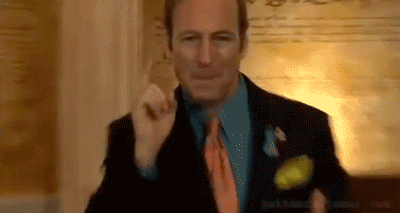Botswana, already known as a pricey destination for photographic safaris, is well positioned to attract affluent eco-tourists. But with the price of a week-long photo safari averaging $3,100 per week, the country will have to attract many more tourists to replace hunters, who spend almost $10,000 per week on average. For that reason, some doubt photographers can really make up for the cash trophy hunters bring to the country.
Your international hunter spends an enormous amount of money compared to your photographic tourist, Melville Saayman, professor and tourism researcher at South Africas North-West University, told The Financialist. I dont think eco-tourism initiatives can fill the void left by hunting. It is about the amount spent.
There are also fears that, rather than preserving wildlife, the hunting ban could actually encourage poaching by local people who can no longer earn a living from the hunting business. Joseph Mbaiwa, acting director of the Okavango Research Centre (ORC), which oversees the conservation of the Okavango Delta, one of the worlds largest and best preserved inland river deltas, told Botswanas Sunday Standard that, if the ban is imposed
communities will not be able to carry out some activities for their own benefit. In my view, the incidents of poaching are likely to go up since
the core business that brought revenue for their benefit, has been since cut.




